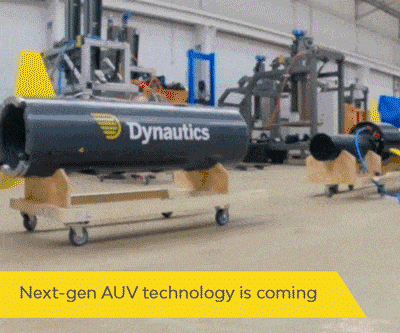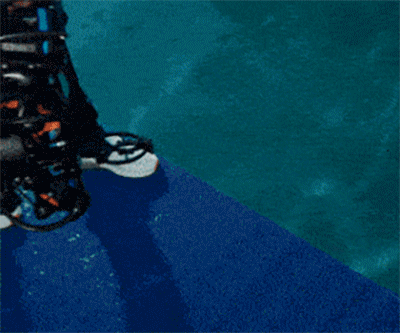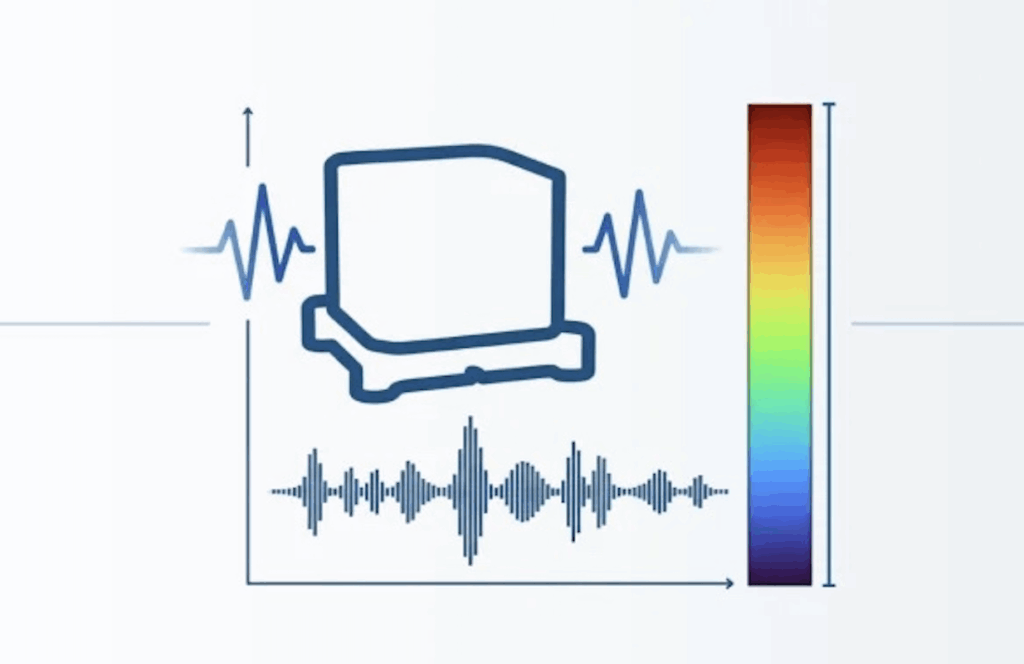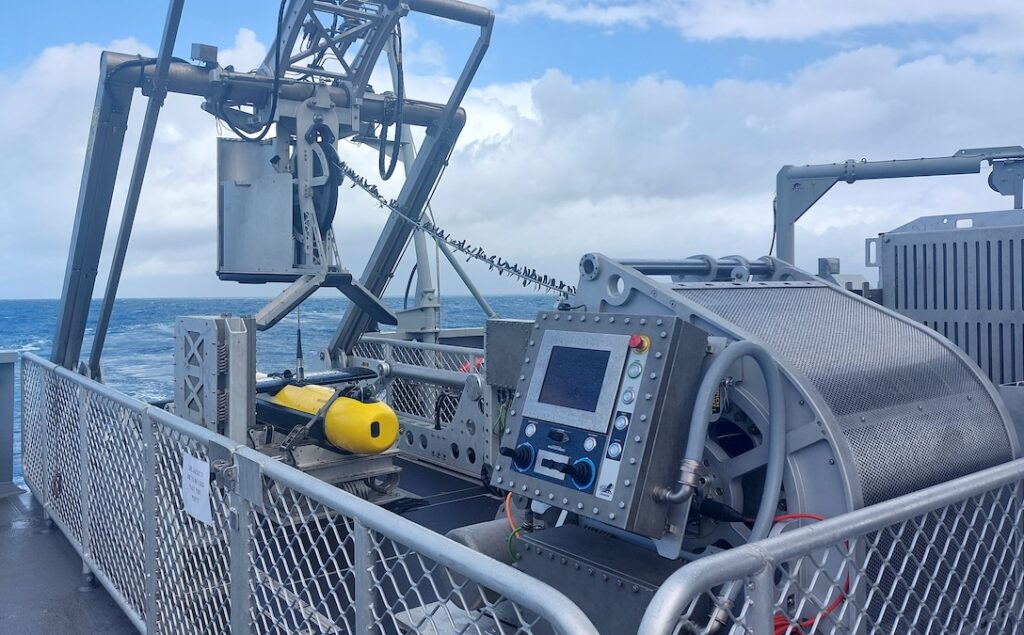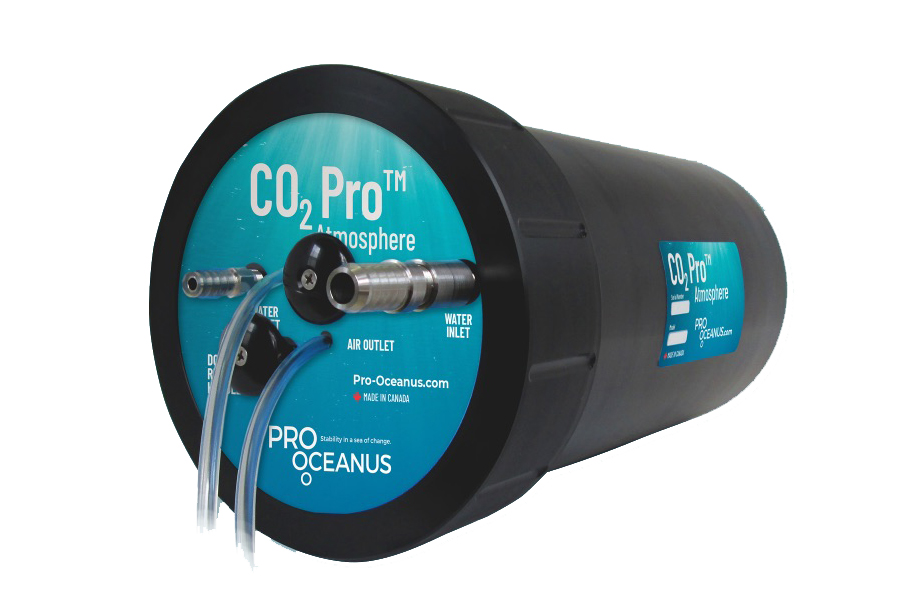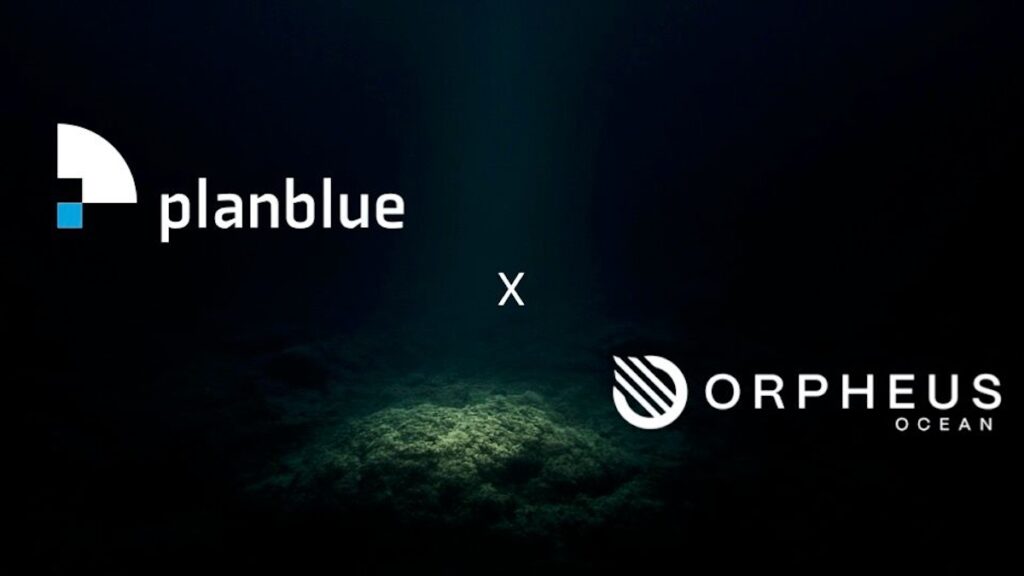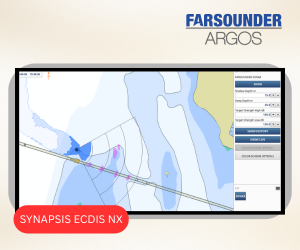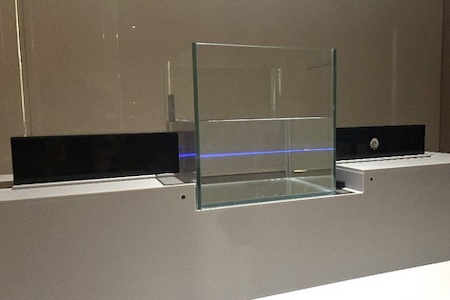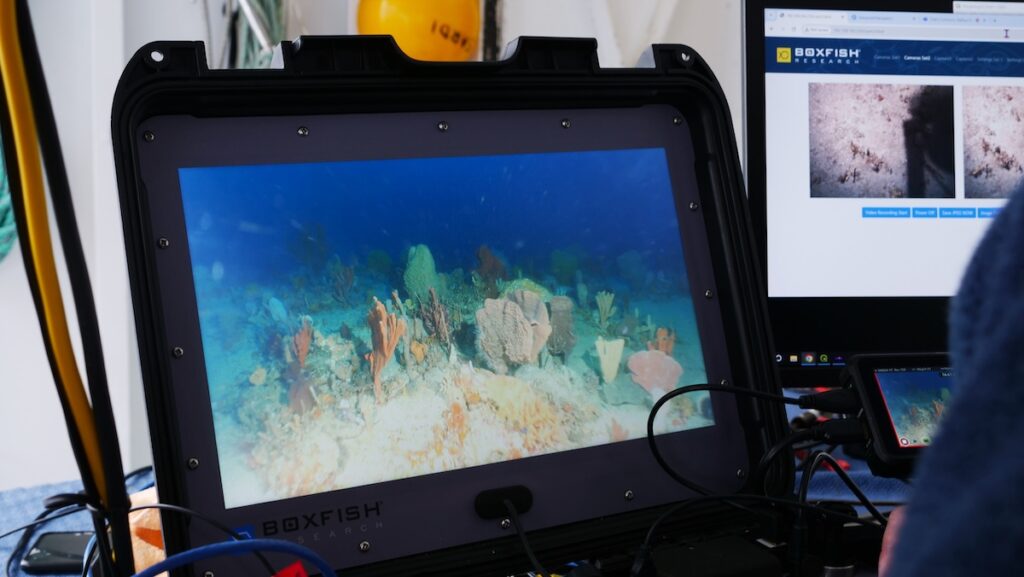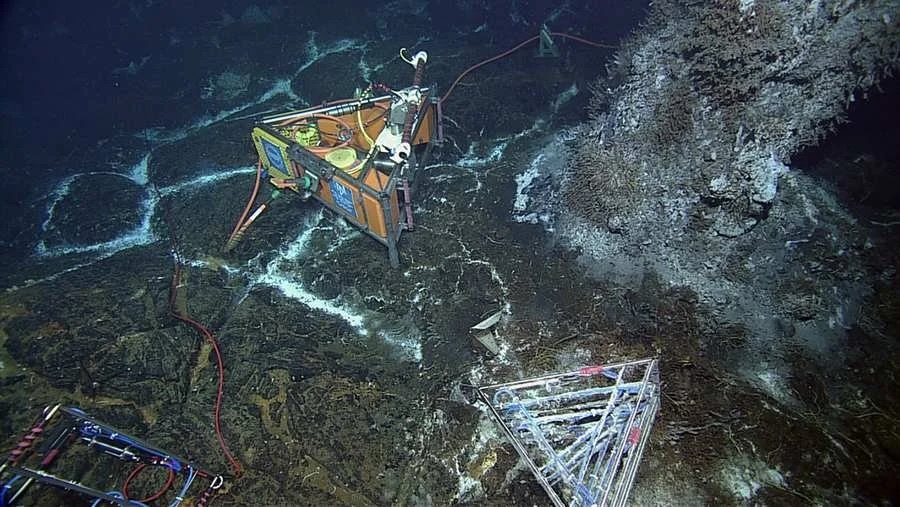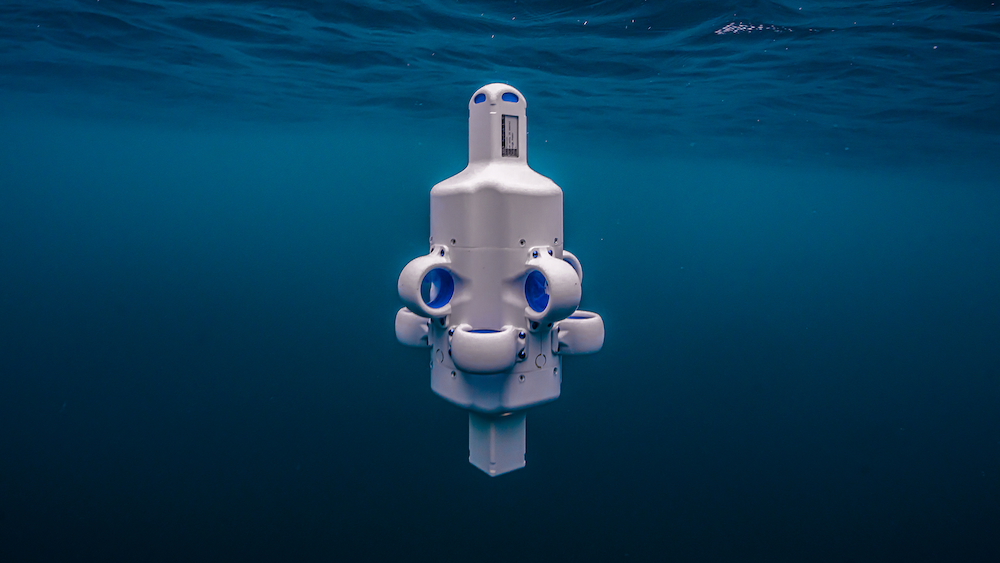
Autonomous Underwater Vehicles (AUV)
Discover cutting-edge solutions from 9 leading global suppliers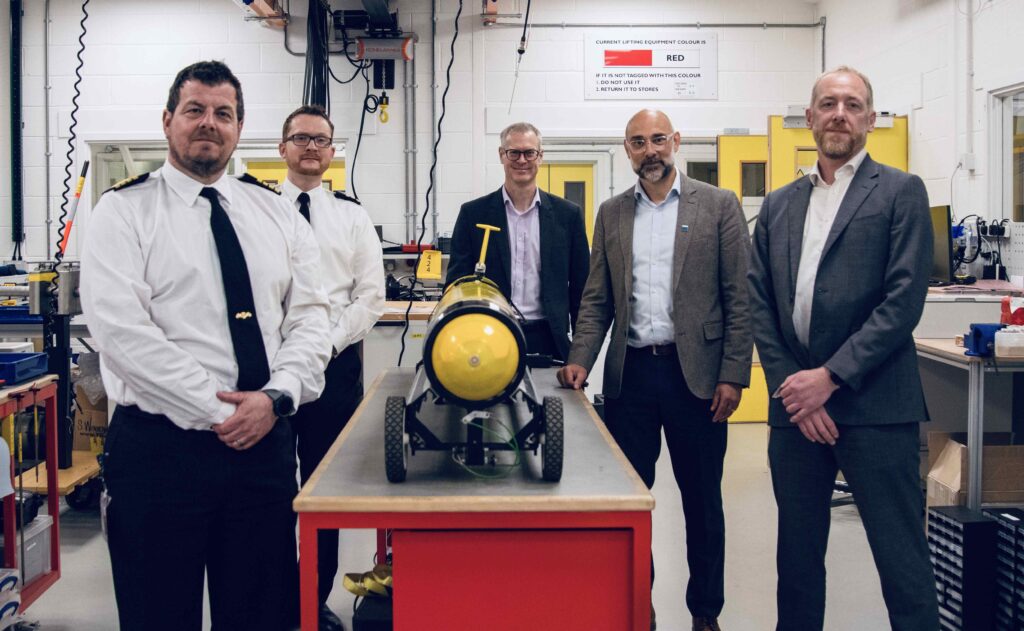
The National Oceanography Centre (NOC) has renewed its memorandum of understanding (MoU) with the Royal Navy, aimed at advancing the UK’s capabilities in autonomous maritime technology.
This strategic alliance aligns with broader UK defence objectives and international frameworks, including the G7’s “Future of the Seas and Oceans” programme. As part of the agreement, NOC Innovations (NOC’s division dedicated to applied research and commercialisation) will continue to contribute its knowledge of autonomous marine platforms, showcased in its Autosub range, underwater gliders, remotely operated vehicles, and robotics.
These platforms not only support national security and defence readiness but also enable critical exploration in extreme environments—from polar under-ice zones to the deep ocean.
This renewed agreement also includes continued partnership with the Defence Science and Technology Laboratory (Dstl), a key science and technology agency within the Ministry of Defence (MOD).
“This agreement reflects our mutual dedication to harnessing cutting-edge autonomous technology for the benefit of marine science, industry, and national security,” remarked NOC Chief Executive Dr John Siddorn. “NOC Innovations is proud to continue supporting the Royal Navy in its efforts with our world-leading expertise in marine science and autonomy.”
Signed during April’s Ocean Business conference in Southampton, the renewed MoU reflects a growing emphasis on innovation in underwater autonomous systems, and the shared mission to support both scientific discovery and national defence.
“This MoU renewal cements our strong partnership with NOC, allowing us to explore new technological frontiers in autonomy that will help to modernise our operations and ensure that the operational decisions we make are based on the most up-to-date environmental data,” commented the Royal Navy’s Captain Jim Lovell, Captain Jim Lovell – Navy Develop – Head of Underwater Battlespace Capability. “The partnership will also support the Royal Navy’s training and operational readiness, leveraging NOC’s expertise in deploying autonomous platforms.”
This renewal comes a decade after the original agreement, signed in 2014, which was also renewed previously in 2021. In that time, the MoU has facilitated a wide range of joint initiatives that include shared research projects, technology trials, and the pursuit of sustainable, net-zero marine operations. The renewed agreement expands this scope, supporting a deeper integration of science and defence through innovation.
The partnership will continue to focus on the development and deployment of advanced robotic and autonomous underwater systems. These technologies are critical for modern naval operations, deep-sea research, under-ice exploration, and sustainable marine monitoring.
“The partnership with NOC and the Royal Navy demonstrates our commitment to collaborative development of autonomous maritime capabilities. By combining Dstl’s scientific expertise with NOC’s marine autonomy knowledge, we’re accelerating the development of underwater technologies that provide clear operational advantage for UK defence,” Dstl’s Chief Executive Dr Paul Hollinshead said.
“Together, we’re strengthening the UK’s position at the forefront of sustainable oceanographic science and technology and ensuring our armed forces have access to the most advanced autonomous systems and environmental data for effective decision-making in complex maritime environments.”
The National Oceanography Centre is a global leader in ocean science, innovation, and autonomous systems. Through NOC Innovations, its applied research and technology transfer division, NOC is dedicated to transforming scientific expertise into practical solutions for the maritime sector, supporting a sustainable and secure ocean future.




